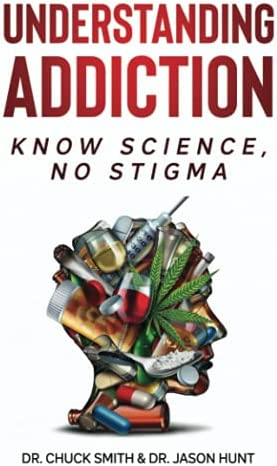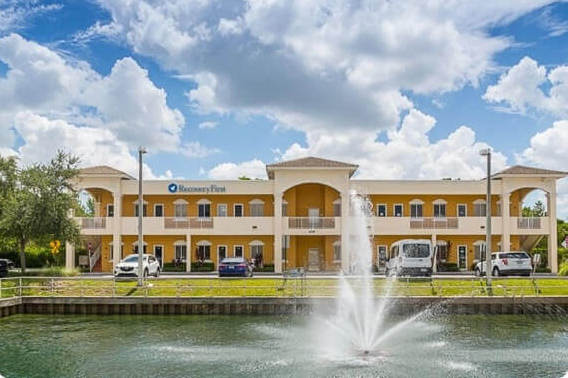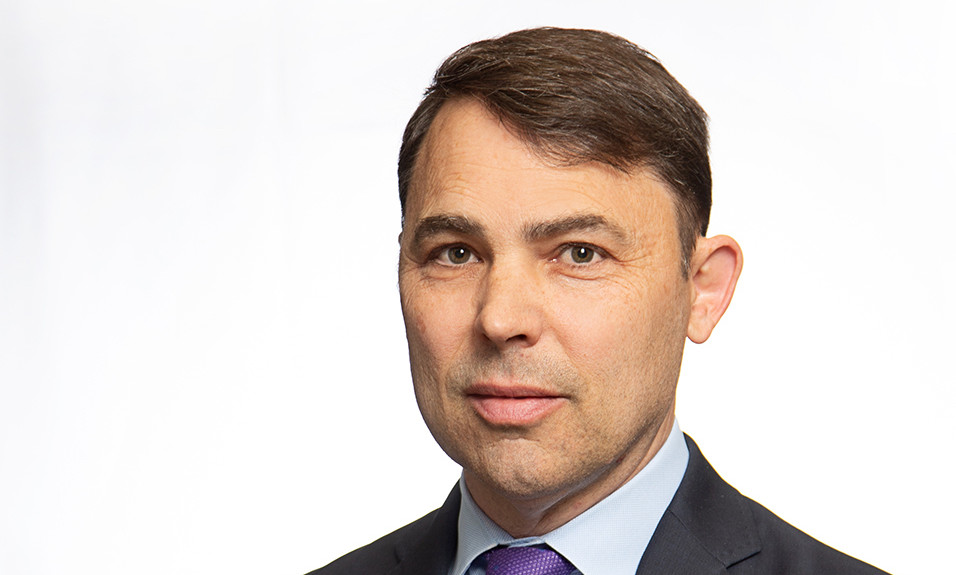Charles Smith, addictionologist at Recovery First, discusses how the treatment center’s Physician Health Program is uniquely tailored to help healthcare professionals with SUD
This sponsored content was produced for Recovery First Treatment Center by the Treatment Magazine Content Studio.
By Erin Gilday, Treatment Magazine Content Studio
Charles Smith, DO, addictionologist at Recovery First Treatment Center in Hollywood, Fla., is dedicated to helping fellow healthcare professionals beat addiction.

For some people in the profession, substance use disorder (SUD) treatment is just a job, but for Smith, the battle is personal. “When I entered this program, I went in with the hope of saving my career,” he says with a laugh. “But it didn’t just save my career. It saved my life.”
Smith, like so many others in the healthcare industry, found himself struggling with addiction while practicing medicine. He soon learned his situation was far from unique.
“We see it with everyone: emergency room nurses, operating room nurses, anesthesiologists,” he says. “One of the big risk factors we have is ease of access and proximity of access to controlled substances. Healthcare is a stressful field. People who are dealing with life and death situations every day—first responders, emergency room doctors, surgeons, intensive care workers—they face a lot of stress. And we know that stress is a risk factor for addiction.”

One of the biggest obstacles to seeking help for anyone suffering from SUD is stigma and a concern about job loss. These concerns are amplified for those who have a career in healthcare.
“Typically healthcare professionals are independent contractors. Even when they’re not independent contractors, when the question of treatment comes up, finances are usually the first concern,” says Smith, author of the book Understanding Addiction: Know Science, No Stigma. “The second-biggest concern we face is certainly stigma. The professional is scared of what’s going to happen to their reputation, what’s going to happen to their license, what’s going to happen to their patient population, their referral base, their future hireability.”
Smith is all too familiar with the thought pattern of healthcare workers who find themselves in a physician health program. “First they ask themselves, ‘Well, how am I going to keep from going bankrupt over this?’” he says. “Then they ask themselves: ‘How am I going to ensure that I still have a profession to go back to?’”
Recovery First’s Physician Health Program
The good news is that the Physician Health Program at Recovery First has concrete answers to both concerns. Smith is quick to explain that healthcare professionals never have to sacrifice their careers in order to secure treatment for SUD. The key is finding a facility with the right certifications.
Recovery First is an easy choice for healthcare professionals because it works in close collaboration with both the Professional Resource Network (PRN) and the Intervention Project for Nursing (IPN) to ensure that all of Florida’s requirements concerning “impaired professionals” are met or exceeded.
“No healthcare professional should ever go to rehab without knowing if the facility is certified with IPN or not,” Smith says. “They may go do one, two, three months of treatment and find out that IPN or PRN doesn’t accept their treatment as meeting standard of care. So that’s the first thing. When I went to treatment myself back in 2009, that’s what I wanted to know: Is this place accepted by my physician health plan? That’s why we correspond directly with either PRN or IPN during treatment. We do a discharge summary and a handoff at the end of treatment for an ongoing monitoring program with one of these agencies. As long as our alumni are compliant with either PRN or IPN, their license is 100% protected.”
“Between treatment and monitoring, we see about 79% of our patients still have their license and they’re enjoying recovery five years later. That’s excellent.”
—Charles Smith, Recovery First
Most professionals will complete treatment at Recovery First over the course of three months. The facility offers every level of care needed to guide professionals to recovery—from detox to residential, PHP and, finally, IOP. Upon program completion, health professionals continue a monitoring program with a professional health program like PRN or IPN.
“The common myth we see when professionals come into the program is: ‘Okay, I’ll just stop.’ They don’t recognize that the disease has high relapse rates,” Smith says. “They’re just here because they ran afoul of the criminal justice system or the DEA. Maybe they got a DUI or they were reported for some kind of malfeasance with medication or alcohol. Most of the time they just feel like they were caught and coming to treatment is simply punishment. They don’t understand that this is a disease and you’ve got to treat it like one.”
And when they leave? “Between treatment and monitoring, we see about 79% of our patients still have their license and they’re enjoying recovery five years later,” Smith says with a smile. “That’s excellent.”
Think you or your loved one may benefit from the Physician Health Program at Recovery First? Learn more about the program here.














